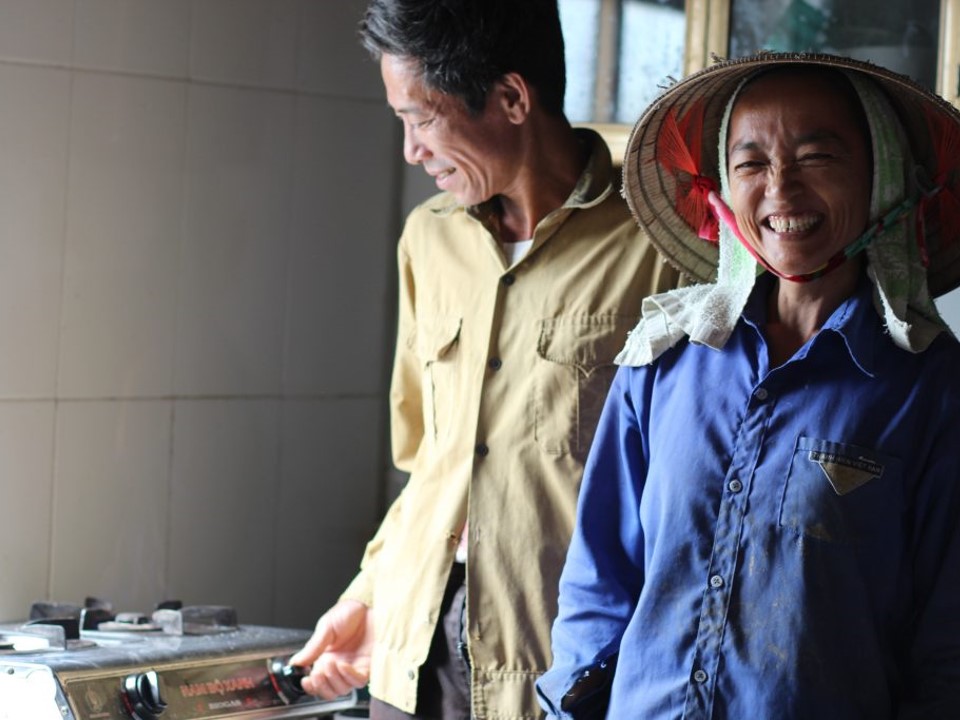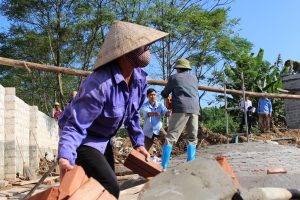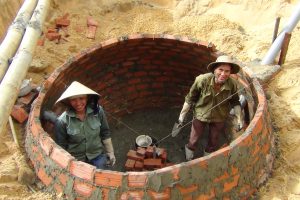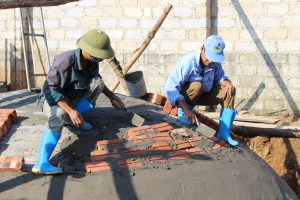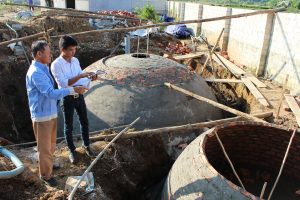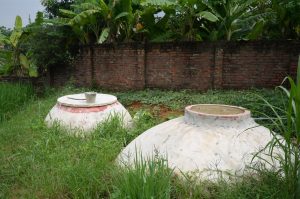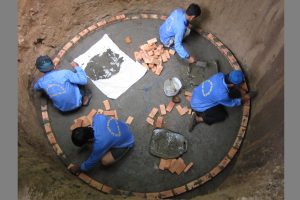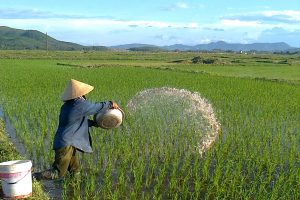This month, Nexus concludes a momentous chapter as the Vietnam Biogas Programme (BPV) comes to an end. BPV, in which Nexus partnered for a decade, addressed both climate change mitigation and energy access for 850,000+ users in communities across rural Vietnam by introducing biodigesters.
The BPV was launched in 2003 as a partnership between SNV Netherlands Development Organisation and the Ministry of Agriculture and Rural Development (MARD) in Vietnam. The objective of the programme was to effectively utilize localized biogas technologies to develop a commercially viable biogas sector in Vietnam, while leveraging carbon finance to support the programme in the long run.
In 2011, Nexus for Development was selected to support BPV through carbon certification and credit management in order to access international financing. Following strict procedures and regulations, the programme received its certification under the Gold Standard – the rigorous, global voluntary standard for carbon offset projects. Since then, Nexus has been monitoring and measuring the project’s impacts using the Social Return on Investment (SROI) methodology before moving to the more contemporary Impact Management and Measurement (IMM) practices. All project monitoring surveys and field tests have also been validated and confirmed by accredited third-party auditors in addition to the Gold Standard team and to Nexus’s quality assurance process.
179,000+ biogas plants were built in 55 provinces, benefiting 850,000+ Vietnamese users over the lifespan of the project
Much of Vietnam lacks proper waste management. This means hygiene and odor issues for communities, and polluted waterways and significant greenhouse gas emissions for the environment. The lack of biogas capture also means a valuable energy source goes to waste.
Meanwhile, households struggle to meet their energy needs safely. Solid biomass fuel such as wood and agricultural residues are often burned indoors resulting in respiratory and eye problems. The income and the time spent by women and children gathering these fuels could be used for better purposes.
How Carbon Offsetting can support sustainable development in Southeast Asia?
While some are reducing CO2 emissions by adopting clean and renewable solutions, others need more time to transition to clean and renewable energy options. These CO2-emitters can, in the meantime, compensate their own emissions by financing transitions to occur elsewhere. This is how the carbon market works. The voluntary carbon market’s ambition goes far beyond the simple act of compensation. It intends to support projects that demonstrate greater impact and benefits for communities around the world. And this is how voluntary carbon credit sales support sustainable projects in developing countries. A project like BPV has been able to grow and create a long-lasting impact for communities in Vietnam by leveraging its carbon credits to generate a steady revenue stream, covering up to 50% of its annual budget and expenses.
The Biogas Programme in Vietnam effectively addresses both climate change and energy access in communities across rural Vietnam.
The biogas digesters convert methane from animal waste into fuel for household use, turning a problem into a solution – with life-changing impacts for farmers in Vietnam.
This technology uses waste to generate clean, sustainable energy. It saves precious income for families, while improving their health, reducing deforestation, and preventing millions of tonnes of CO2e from entering the atmosphere.
Nexus has measured not less than:
- 15,935 hectares of forest preserved since 2007 (that’s 25,000 football pitches)
- 166M+ kWh clean energy produced in 2019
- 485,000+ tonnes CO2e emissions avoided in 2019
In addition, 2700+ rural jobs have been created and $578M+ USD saved in health co-benefits generated from the reduction of treatment and mortality cost due to diarrhea and respiratory illness.
This demonstration of impact has been widely recognized and rewarded every year by the issuance of hundreds of thousands of credits allowing the Biogas Programme in Vietnam to generate 50% of its budget from the carbon market.
How low-carbon projects can generate a steady revenue stream from activities supporting marginalized communities?
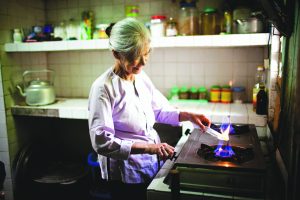
Simply by demonstrating their impact! And this revenue stream grows at the same pace as the programme expands its activities and impact. For BPV, the more biodigesters that are built, the more impact could be recorded and credits issued, generating consistently more revenue.
Nexus has sold over 1.2 million VERs (voluntary emissions reductions) from the BPV project over the past year.
We would like to extend our thanks to collaborators who have contributed to the success of the programme over the years: SNV, Department of Livestock Production (DLP) and the Ministry of Agriculture and Rural Development (MARD) in Vietnam.
We are pleased to see this dynamic and promising market-ready to run on its own with all pillars established from R&D, supply chain and quality standards to serve a now existing demand for a solution that will keep on improving livelihoods across the country.
About Nexus’ Carbon Finance Services
Nexus is offering a full set of Carbon Finance Services, from assessing the carbon emission reduction potential of your project to helping you pass the stages of certification processes, credit issuances and sales, with compliance and voluntary carbon standards such as the Gold Standard, CDM or VCS.
If your enterprise is interesting to explore the potential of the Carbon Market to support its development, we would like to hear from you! Contact us for more information contact@nexusfordevelopment.org


